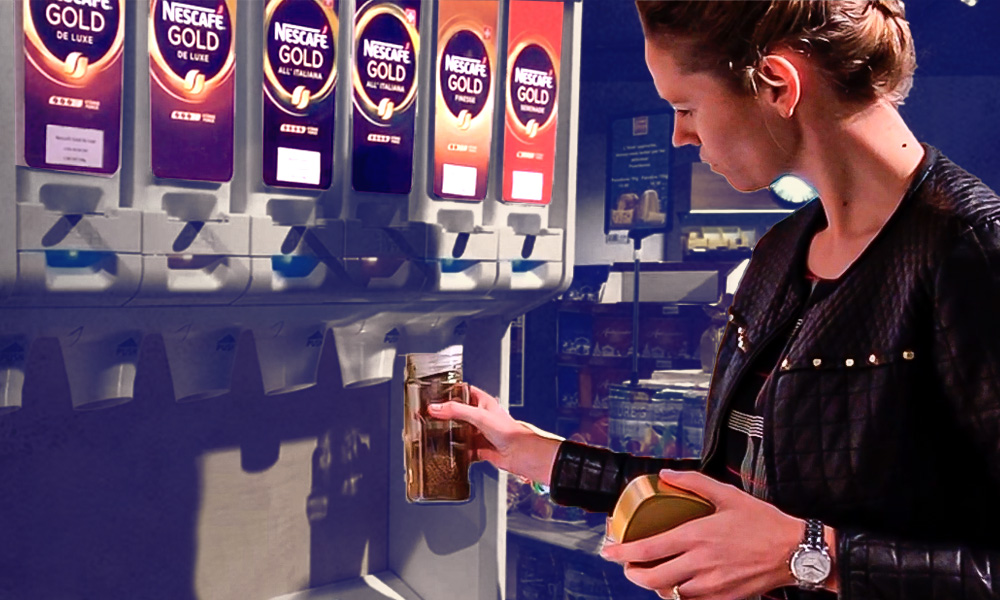
Image Credits: Nestle
'Redoubling Efforts To Fight Climate Change': Nestle Announces Zero Waste Packaging
Writer: Palak Agrawal
Palak a journalism graduate believes in simplifying the complicated and writing about the extraordinary lives of ordinary people. She calls herself a " hodophile" or in layman words- a person who loves to travel.
India, 14 Dec 2020 10:55 AM GMT
Editor : Prateek Gautam |
A free soul who believes that journalism, apart from politics, should stand for social cause and the environment.
Creatives : Rajath
A free spirit who find meaning in life with the virtue of creativity and doing job par its excellence, animal lover and traveller by heart.
The brand communicated that it is going to recycle and reuse its entire packaging material by 2025.
Food and beverage giant, Nestle, has announced that it is going to achieve 100 per cent waste-free product packaging by 2025.
The brand communicated that it is going to recycle and reuse its entire packaging material in an effort to reduce its carbon footprint and greenhouse gas emissions.
"Our vision is that none of our packaging, including plastics, ends up in landfill, in oceans, lakes and rivers. We are working hard to deliver on it and help achieve a waste-free future.
To achieve this, our commitment is that 100% of our packaging is recyclable or reusable by 2025. We've made a number of global commitments to get there, including the elimination of non-recyclable plastics. We are making progress towards achieving a waste-free future. In 2019, about 87% of our total packaging by weight and 66% of our total plastic packaging was recyclable or reusable, but we know we have more work to do," the company said.
Reduction of the use of single-use plastics, the introduction of reusable packaging, new delivery systems and redesigned business models on all the places where the organisation operate and sell the products are some of the measures on which have found a spot on the sustainable-strategy.
It also stated that the phased approach would also include the company halving the greenhouse emissions by 2030 and realise net-zero by 2050.
Also Read: Two Indian Companies Win Gold In Making Workplace More LGBT+ Inclusive
 All section
All section














